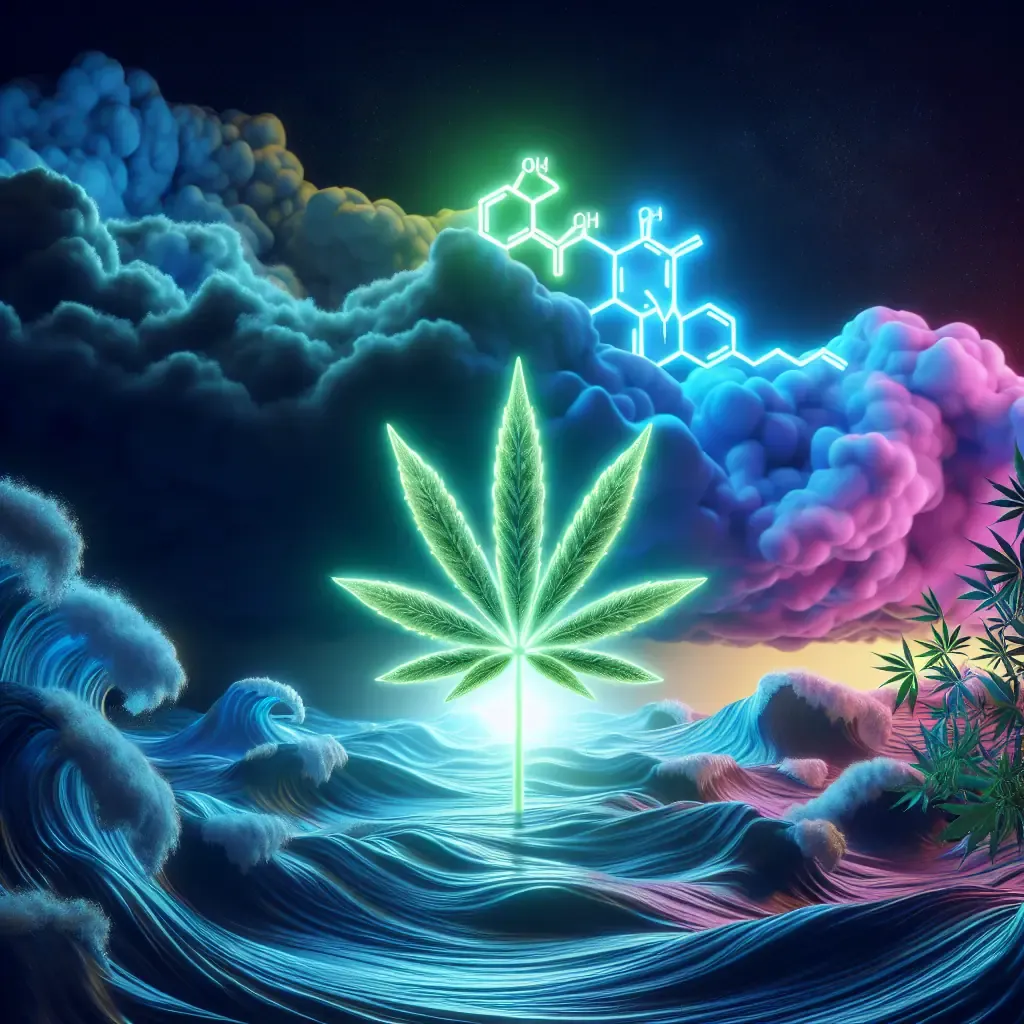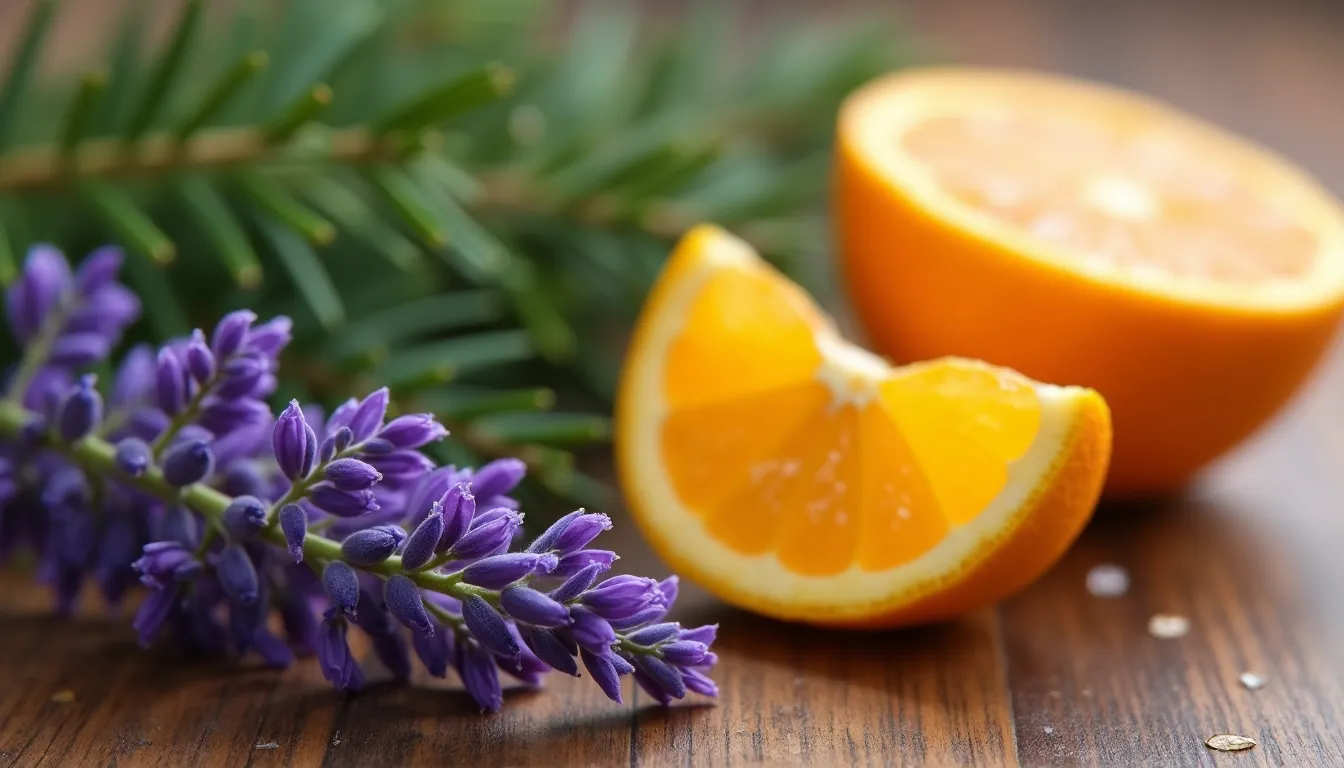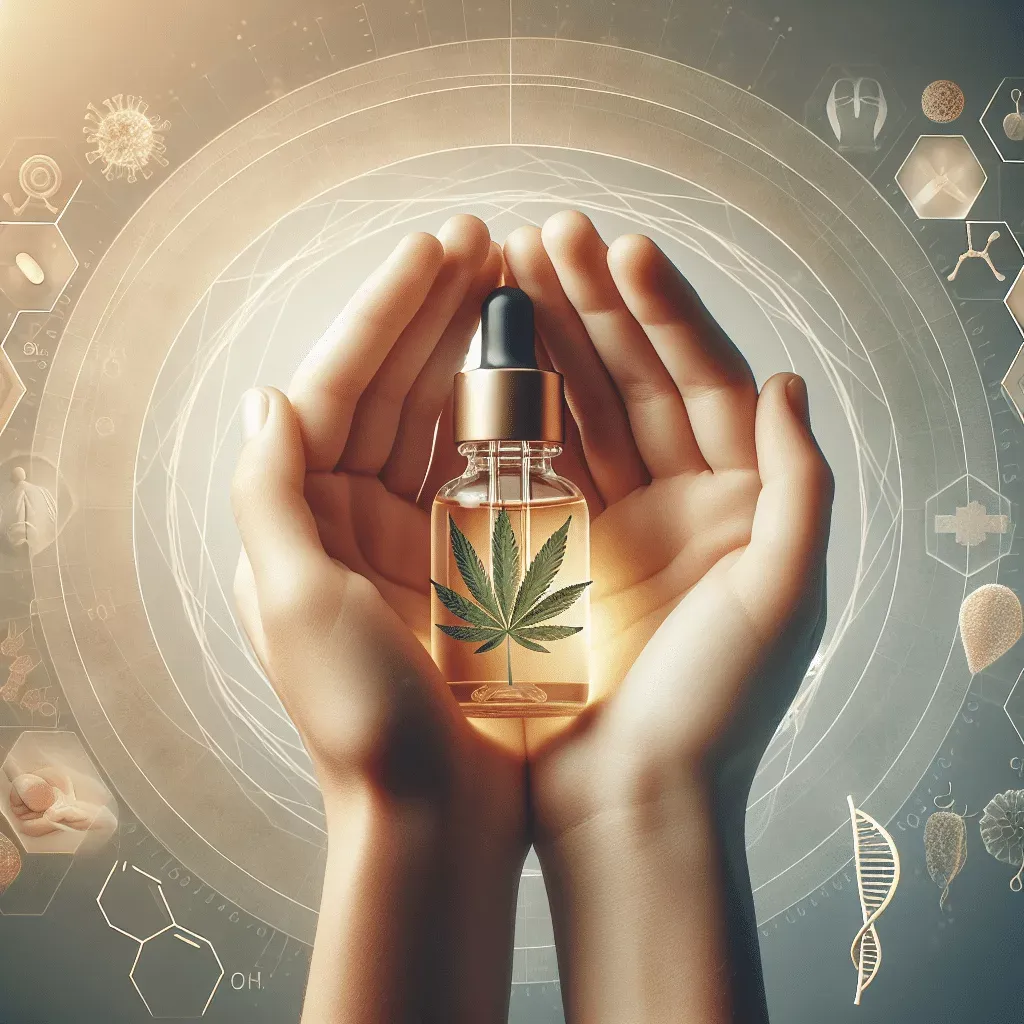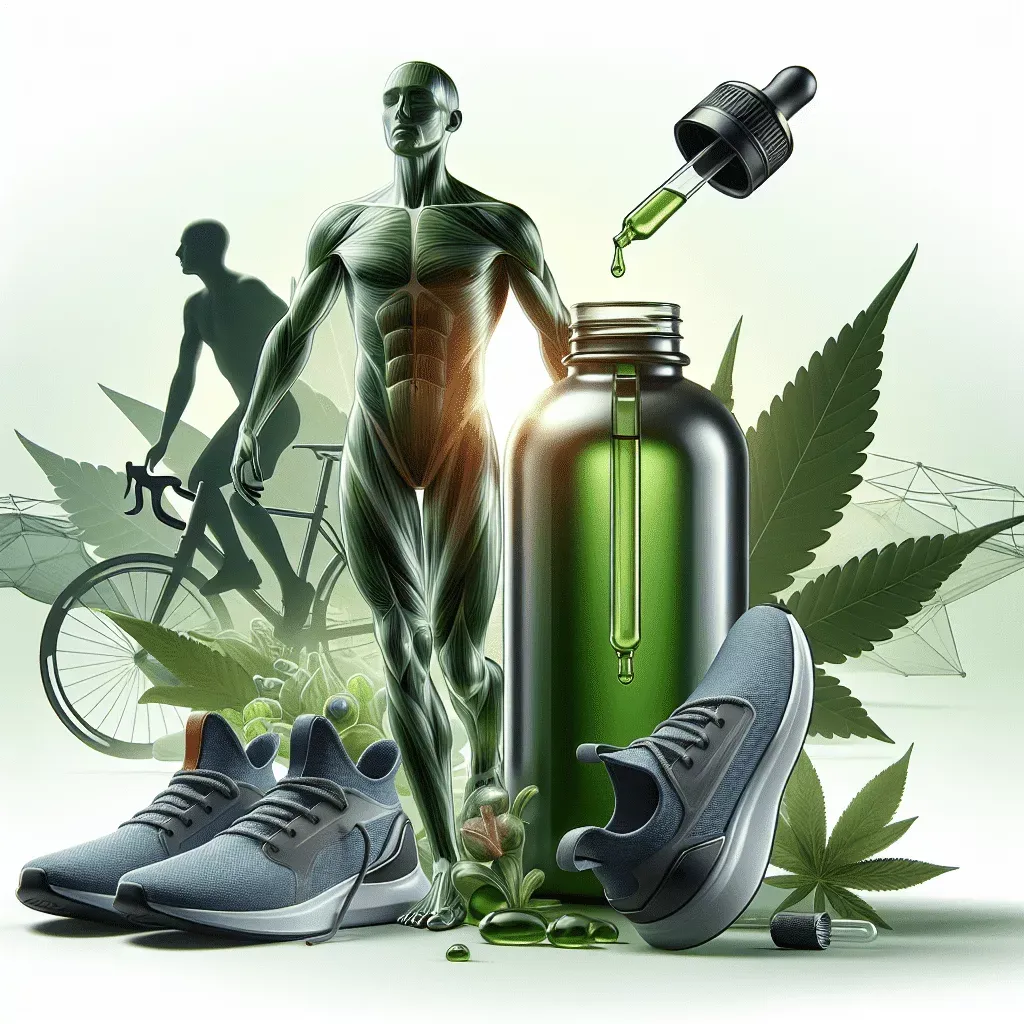CBD for alcoholism: Can it really help?
The growing interest in CBD (cannabidiol), a non-psychoactive compound derived from the cannabis plant, has sparked discussions about its potential benefits in various health contexts, particularly in relation to alcoholism. As addiction remains a critical public health issue, many are seeking alternative therapies to complement traditional treatment methods. Can CBD play a supportive role in the journey towards recovery from alcohol dependency? This article explores the potential of CBD as a tool for combating alcoholism, discussing its effects, benefits, risks, and providing practical insights for those considering this alternative solution.
Understanding CBD and Its Context
CBD is a naturally occurring compound found in the Cannabis sativa plant. Unlike THC (tetrahydrocannabinol), which is known for its psychoactive properties, CBD does not produce a “high.” It has gained popularity for its purported therapeutic benefits, which include anti-anxiety, anti-inflammatory, and neuroprotective properties.
Alcoholism, or alcohol use disorder (AUD), is a chronic condition characterized by an inability to control or stop drinking despite negative consequences. The National Institute on Alcohol Abuse and Alcoholism (NIAAA) estimates that approximately 14.5 million adults in the U.S. battled AUD in 2019. Addressing alcoholism often requires a multifaceted approach, including behavioral therapy, support groups, and medication. In this landscape, the potential role of CBD is garnering attention.
How CBD Might Aid Alcoholism Recovery
Potential Benefits of CBD for Alcoholism
While research into CBD’s effectiveness in treating alcoholism is still in its early stages, several studies show promising results.
Reduction of Alcohol Cravings:
Research published in the journal Neuropsychopharmacology suggests that CBD may help reduce cravings for alcohol. In animal studies, CBD administration led to decreased alcohol consumption and lowered relapse rates when faced with alcohol-related cues.
Alleviation of Withdrawal Symptoms:
Alcohol withdrawal can be physically and psychologically challenging. Symptoms may include anxiety, irritability, nausea, and insomnia. Some studies indicate that CBD may mitigate these symptoms. An experiment by the University of Algarve mentioned that CBD helped reduce anxiety and agitation in subjects undergoing withdrawal, providing a potential boon for recovery.
Neuroprotective Effects:
Long-term alcohol use can lead to significant neurotoxicity and cognitive decline. Some animal studies suggest that CBD’s neuroprotective properties may help counteract these effects, supporting brain health during the recovery process. The cannabinoid may also promote neurogenesis, the growth of new neurons, which could be beneficial for cognitive function.
Improved Sleep Quality:
Many individuals recovering from alcoholism struggle with sleep disturbances, which can lead to relapse. CBD has been noted for its ability to promote better sleep by addressing issues like anxiety and pain, offering hope for those looking to stabilize their sleep patterns during recovery.
The Risks and Considerations
While the potential benefits of CBD are noteworthy, it is essential to note that it is not a panacea for alcoholism.
Lack of Regulation: The CBD market is largely unregulated, leading to variations in product quality and concentration. Misleading labeling and contamination are concerns, making it essential for consumers to research and choose reputable brands.
Interactions with Medications: CBD may interact with other medications, including those commonly prescribed for managing alcohol dependence or associated mental health conditions. Consulting with healthcare professionals before starting CBD is crucial.
Limited Research: Although preliminary findings are promising, the research on CBD for alcoholism remains limited. Much of the existing research is conducted on animal models, and human studies are necessary to validate these claims fully.
- Not a Substitute for Treatment: CBD should be viewed as a complementary approach rather than a replacement for traditional treatment methods. Individuals struggling with alcoholism should engage with healthcare providers to develop comprehensive treatment plans.
Practical Tips for Using CBD in Recovery
For those considering CBD as part of their recovery journey, here are some practical insights:
Start Low and Go Slow: If you choose to try CBD, begin with a low dose to assess your body’s reaction. Gradually increase the dose as needed, paying attention to how it affects your cravings, anxiety, and overall well-being.
Consult a Healthcare Provider: Before incorporating CBD into your recovery plan, discuss it with a doctor or specialist experienced in addiction treatment. They can guide you on safe and effective use while considering any potential interactions with existing treatments.
Choose Quality Products: When selecting CBD products, look for brands that provide third-party lab testing to ensure purity and potency. Full-spectrum CBD oils, which contain a range of beneficial cannabinoids, may enhance the overall effect, although they may also contain trace amounts of THC.
Integrate with Other Therapies: Consider using CBD alongside traditional recovery methods such as counseling, support groups, or Medication-Assisted Treatment (MAT). This integrated approach may yield the best outcomes.
- Stay Informed: Keep up with research and news related to CBD and alcoholism. Knowledge empowers recovery and helps make informed decisions.
Conclusion
As the landscape of addiction treatment evolves, CBD emerges as a promising element that may aid in the fight against alcoholism.
While it is not a cure-all, evidence suggests that it could help reduce cravings, alleviate withdrawal symptoms, and support overall well-being during recovery. However, it is crucial to approach CBD with caution, seeking professional guidance and incorporating it into a holistic treatment plan.
If you’re interested in exploring CBD further or have personal experiences to share, consider engaging with community resources or related articles on addiction and holistic therapies. Your voice and insights could play a crucial role in the collective understanding of this evolving field.
For more on the science behind CBD and addiction, visit the National Institute on Drug Abuse for reliable information and updates.
FAQ About CBD for Alcoholism
Yes, some studies suggest that CBD may help reduce cravings and withdrawal symptoms associated with alcohol addiction, but more research is needed.
Generally, CBD is considered safe for most people, but it’s crucial to consult with a healthcare professional, especially for those with alcohol dependence.
Yes, CBD can interact with alcohol, potentially enhancing its effects and leading to increased sedation; moderation and professional guidance are recommended.
No, while CBD may support recovery, it should not replace established treatment methods like therapy or medical intervention.
CBD can be taken in various forms, such as oil, capsules, or edibles. It’s best to start with a low dose and consult a healthcare provider for advice on proper usage.
Share this content:



